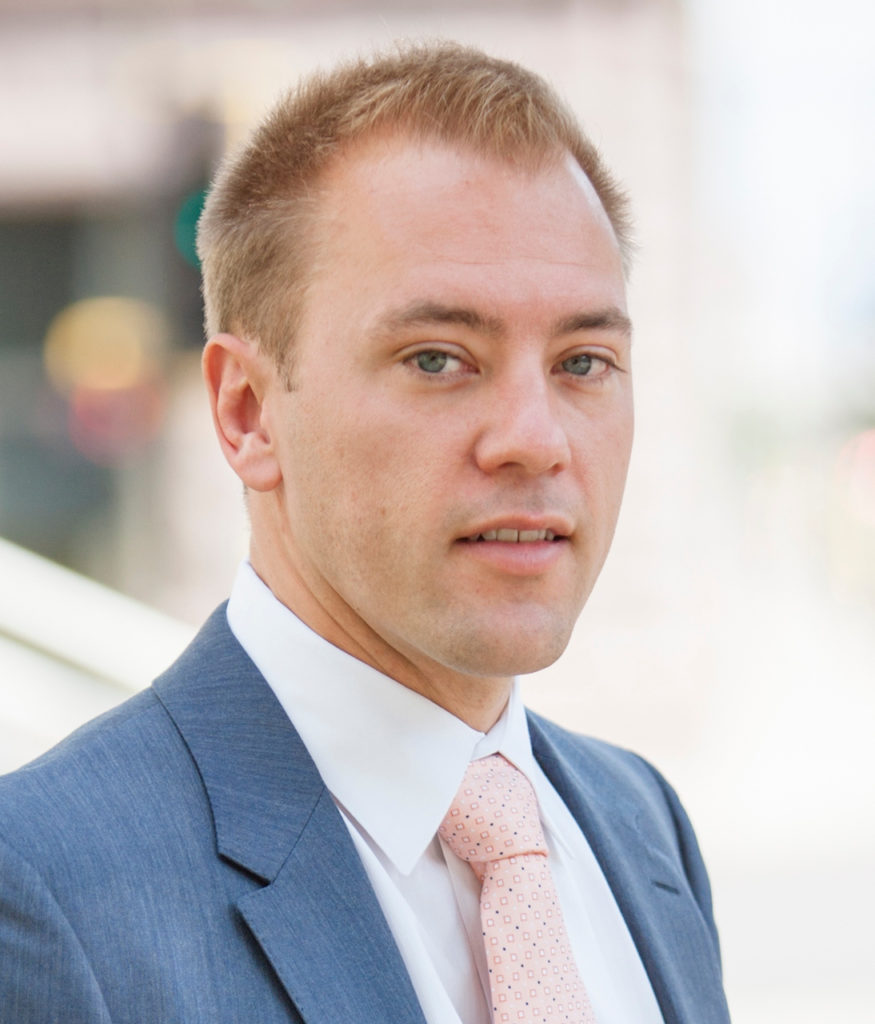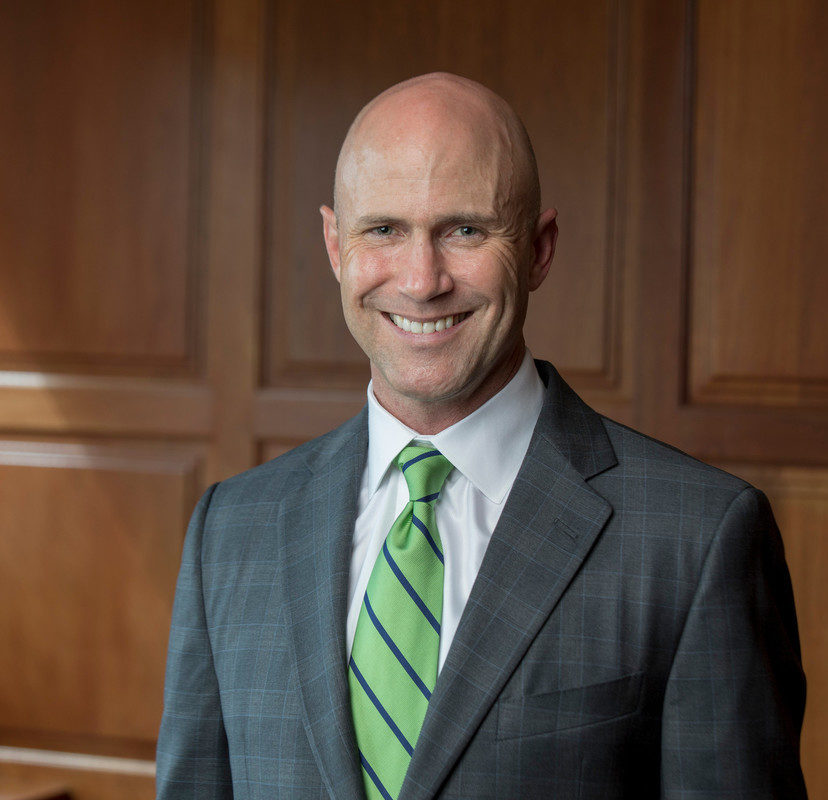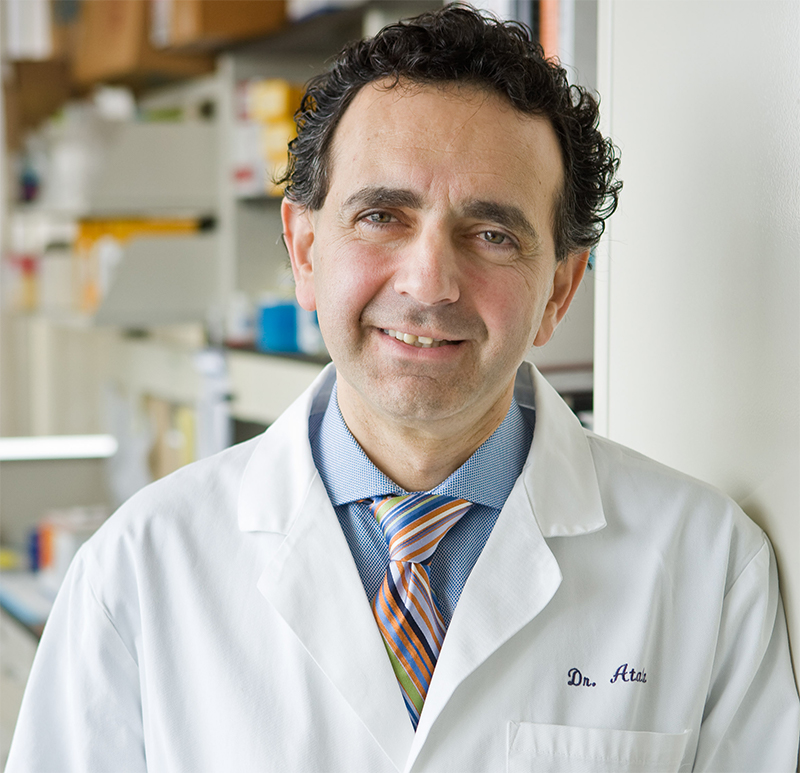About CARIT
Mission
CARIT’s mission is to concretely improve the lives of patients by supporting increased federal R&D funding for the acute management of life and limb-threatening traumatic injury, spanning basic laboratory studies through translational and clinical research.
About the Coalition
The Coalition for the Advancement of Research and Innovation in Trauma (CARIT) is a consensus-driven, multi-disciplinary alliance of academic research institutions and industry whose shared goals are to facilitate research and development, incentivize innovation, and improve R&D funding for unmet needs in trauma, emergency, and pre-hospital care. Together, through a multi-year advocacy and education campaign reflecting a growing and diverse community of supporters, CARIT members are calling upon the federal government to reinvigorate its commitment to trauma and emergency care research to reduce associated morbidity and mortality.

Board of Directors

Ross I. Donaldson, M.D., M.P.H.
Chairman of CARIT
President and Chief Executive Officer
Critical Innovations LLC
Dr. Donaldson is President & CEO of Critical Innovations LLC, as well as an Associate Professor of emergency medicine and epidemiology respectively in the UCLA Schools of Medicine and Public Health. Triple-boarded in Emergency Medicine, pre-hospital Emergency Medical Services (EMS), and Clinical Informatics, Dr. Donaldson has been principal investigator on over $30 million dollars’ worth of funding, with research focusing on emergency, critical, and trauma care. He is also the creator of WikEM, the world’s largest and most popular emergency medicine open-access reference resource, and the inventor of multiple patented medical technologies. He has been featured as an expert on CNN, BBC, NPR, and other media outlets, and an invited speaker at over 100 national and international conferences, including at Medical Design & Manufacturing, Department of Defense, and various think tanks. He has worked around the globe, frequently in areas of conflict and recent disaster, and been the lead architect of national emergency care plans in several countries. For five years in Iraq alone, he led the instruction of over ten-thousand surgeons, physicians, EMTs, nurses, and community members, while spearheading the development of pre-hospital and hospital-based emergency and trauma systems for the country, for which he received the Humanitarian Award from the California chapter of American College of Emergency Physicians.
Dr. Donaldson has worked for over a decade at the Harbor-UCLA Medical Center, one of Los Angeles’ main Level I trauma centers, where he serves as the Director of the Emergency Medicine Global Health Program. He is also the critically acclaimed author of The Lassa Ward, a memoir about international humanitarian work and, among other honors, been named Los Angeles’ Top Emergency and Trauma Doctor from the Los Angeles Business Journal and the inaugural recipient of the FOAMed Excellence in Education Award from the Society for Academic Emergency Medicine.

Robert Guldberg, Ph.D.
Vice President and Robert and Leona DeArmond Executive Director
Phil and Penny Knight Campus for Accelerating Scientific Impact at the University of Oregon
Robert Guldberg is vice president and Robert and Leona DeArmond executive director of the Phil and Penny Knight Campus for Accelerating Scientific Impact at the University of Oregon. He holds bachelor’s, master’s, and doctoral degrees in mechanical engineering as well as a master’s degree in bioengineering, all from the University of Michigan. Guldberg also completed a postdoctoral fellowship in molecular biology at Michigan before joining the Georgia Institute of Technology in 1996. At Georgia Tech, Guldberg was a professor of mechanical and biomedical engineering, and served as executive director of the Parker H. Petit Institute for Bioengineering and Bioscience (2010-2018) before moving to Oregon to lead the Knight Campus.
His research program is focused in the areas of musculoskeletal regenerative medicine, biomaterials, immunoengineering, mechanobiology, and orthopaedic medical device design and is currently funded by the NIH, NSF, and DOD. Over his 20+ year academic career, Dr. Guldberg has produced over 250 peer-reviewed publications, served as an advisor and board member for numerous biotechnology companies, patented multiple technologies, and co-founded five start-ups. In 2017, he was a keynote speaker at the Major League Baseball Winter Annual Meetings in Orlando, FL on challenges and opportunities in regenerative medicine for athletes. At the national level, Dr. Guldberg has held several leadership positions, including President of the Americas Chapter of the Tissue Engineering and Regenerative Medicine International Society (TERMIS-AM). Dr. Guldberg is an elected fellow of TERMIS, the American Society of Mechanical Engineers (ASME), the American Institute for Medical and Biological Engineering (AIMBE), and the National Academy of Inventors (NAI).

Anthony Atala, M.D.
G. Link Professor and Director
Wake Forest Institute for Regenerative Medicine
Anthony Atala, MD, is the G. Link Professor and Director of the Wake Forest Institute for Regenerative Medicine, and the W. Boyce Professor and Chair of the Department of Urology at Wake Forest University. His work focuses on growing human cells, tissues and organs. Fifteen applications of technologies developed in Dr. Atala’s laboratory have been used clinically in human patients.
Dr. Atala was elected to the Institute of Medicine of the National Academies of Sciences (now the National Academy of Medicine), to the National Academy of Inventors as a Charter Fellow, and to the American Institute for Medical and Biological Engineering. Dr. Atala is a recipient of the US Congress funded Christopher Columbus Foundation Award, bestowed on a living American who is currently working on a discovery that will significantly affect society; the World Technology Award in Health and Medicine, for achieving significant and lasting progress; the Edison Science/Medical Award; the Fast Company World Changing Ideas Award; the R&D Innovator of the Year Award; and the Smithsonian Ingenuity Award.
Dr. Atala’s work was listed twice as Time Magazine’s top 10 medical breakthroughs of the year, and as one of 5 discoveries that will change the future of organ transplants. Dr. Atala’s work was ranked in 2019 by the Project Management Institute as one of the top 10 most impactful biotech projects from the past 50 years. Dr. Atala was named by Scientific American as one of the world’s most influential people in biotechnology, by U.S. News & World Report as one of 14 Pioneers of Medical Progress in the 21st Century, by Life Sciences Intellectual Property Review as one of 50 key influencers in the life sciences intellectual property arena, and by Nature Biotechnology as one of the top 10 translational researchers in the world.
Dr. Atala has led or served several national professional and government committees, including the National Institutes of Health working group on Cells and Developmental Biology, the National Institutes of Health Bioengineering Consortium, and the National Cancer Institute’s Advisory Board. He was a Founder of the Tissue Engineering Society, the Regenerative Medicine Society, the Regenerative Medicine Foundation, the Alliance for Regenerative Medicine, the Regenerative Medicine Development Organization, the Regenerative Medicine Manufacturing Society, and the Regenerative Medicine Manufacturing Consortium.
Dr. Atala works with several journals and serves in various roles, including Editor-in-Chief of: Stem Cells- Translational Medicine; Therapeutic Advances in Urology; and BioPrinting. He is the editor of 25 books, has published more than 800 journal articles and has applied for or received over 250 national and international patents.
